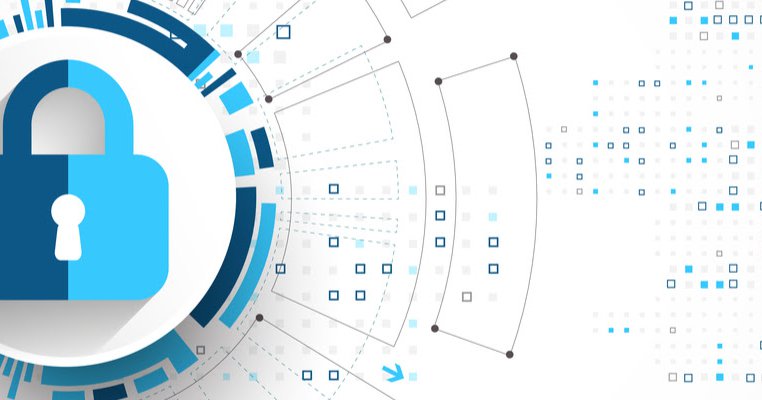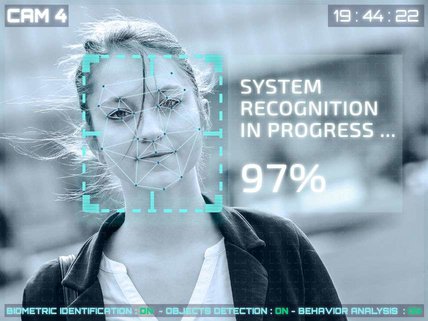Public records requests associated with the expose of Cleaview AI, a shady facial recognition startup that scraped billions of images from social media and then sold access to that database to at least 2,200 customers, reveal that the San Mateo Sheriff’s Department was a prolific Clearview AI user.
Buzzfeed had previously reported the SMC Sheriff had conducted “about 2,000” searches. The email correspondence between Clearview staff and county staff show the actual number to be “2700+”.
Jimmy Chan, deputy sheriff in San Mateo County asks for “clarification” on the data breach reported by Clearview AI in order to “answer inevitable questions that will come from our command staff and to help formulate a response to any media/public relations query that will be forthcoming”.
The email correspondence dates from February 25-27, 2020 and can be viewed here.



